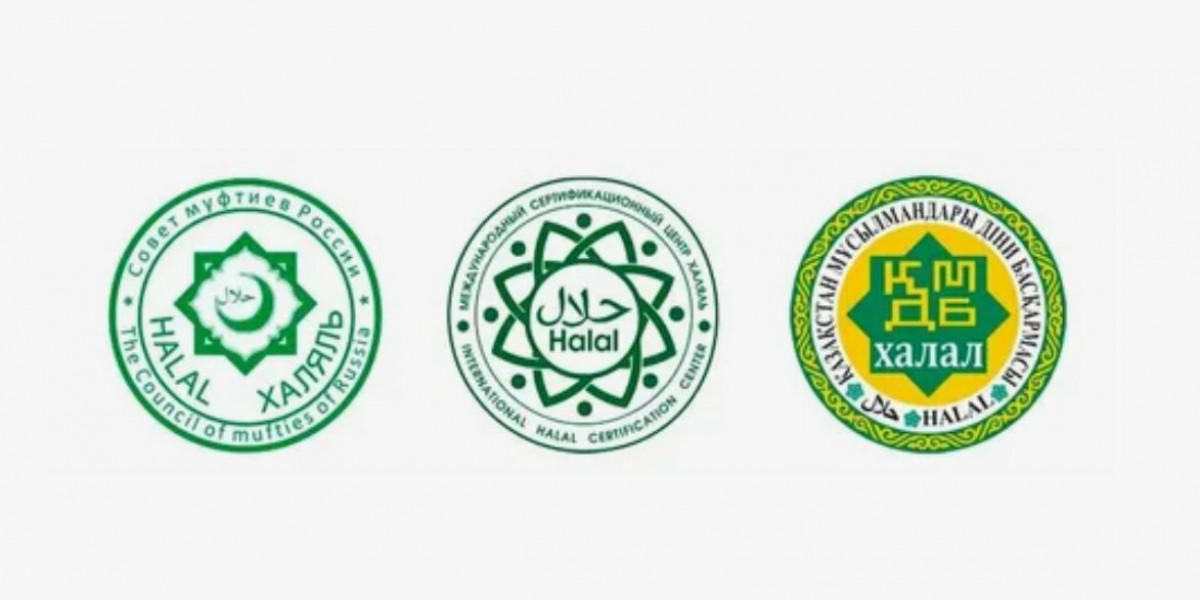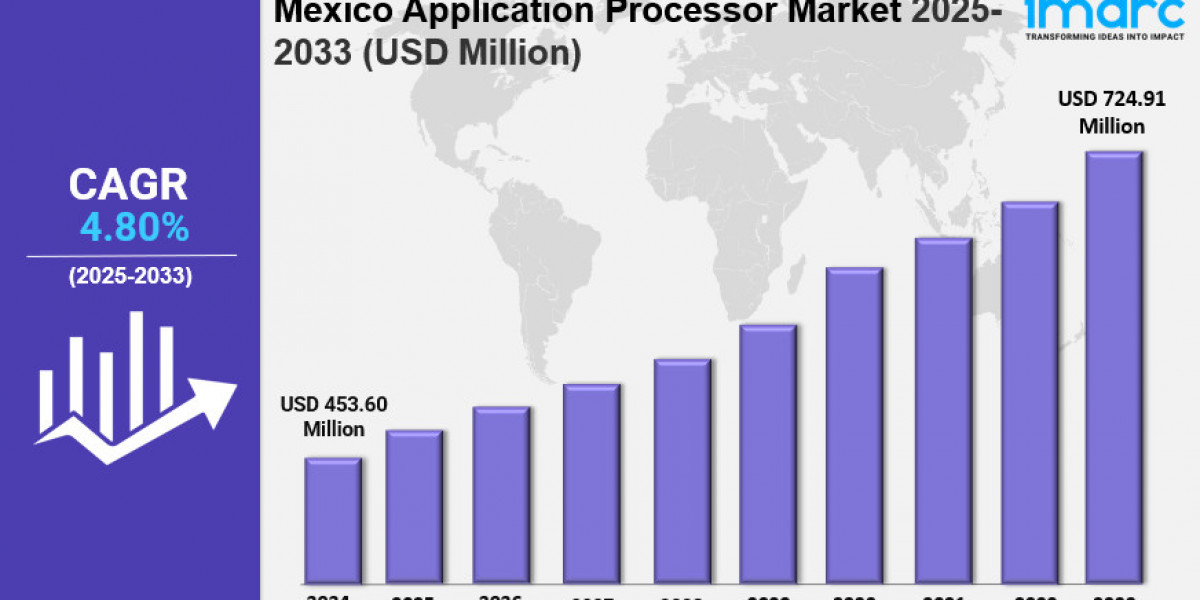Halal certification in USA has become increasingly important in recent years due to the growing Muslim population and the rising demand for halal products. This certification ensures that products and services meet the requirements set by Islamic law, making them permissible for Muslims to use or consume. The concept of halal goes beyond just food; it also applies to cosmetics, pharmaceuticals, personal care products, and even logistics. With a robust halal certification process in place, businesses in the USA can cater to a wider audience and enter new markets, both domestically and internationally.
Why Halal Certification Matters
Halal certification in USA is crucial for businesses that want to build trust with Muslim consumers. It provides assurance that the products are free from any forbidden (haram) ingredients or practices, such as the use of pork, alcohol, or improper slaughter methods. Additionally, having halal certification increases brand credibility and gives a competitive edge in the market. Many consumers now actively seek certified products due to ethical, health, and religious reasons. In global trade, halal certification is often a mandatory requirement for exports to Muslim-majority countries, making it a strategic business move for American producers and manufacturers.
Types of Products That Require Halal Certification
Halal certification in USA is not limited to just meat and poultry. It spans across a wide range of industries, including:
Food and Beverages: Packaged goods, dairy, snacks, and beverages must comply with halal standards.
Pharmaceuticals and Nutraceuticals: Capsules, vitamins, and supplements often contain gelatin or other ingredients that must be scrutinized.
Cosmetics and Personal Care: Lipsticks, lotions, and shampoos often contain animal-derived ingredients, necessitating halal approval.
Slaughterhouses and Meat Processors: Halal slaughter involves specific guidelines for animal welfare, handling, and prayers.
Logistics and Packaging: Contamination avoidance during transportation and packaging is also evaluated during certification.
How the Halal Certification Process Works
Getting halal certification in USA involves several steps, all of which are designed to ensure transparency and compliance with Islamic principles. The process typically includes:
Application Submission: The business submits an application with details about the product, manufacturing process, and ingredients.
Documentation Review: A comprehensive review of all ingredients, suppliers, and production methods is conducted.
On-site Inspection: Halal certification bodies conduct physical inspections of the facility to verify hygiene, segregation, and compliance.
Training and Education: Staff may be trained on halal practices to ensure ongoing compliance.
Approval and Certification: Once all requirements are met, the business is issued a halal certificate valid for a specific period.
Renewals and Surveillance: Regular audits ensure that standards are maintained, and certification is renewed as needed.
Recognized Halal Certification Bodies in the USA
There are several halal certifying authorities operating within the United States. These organizations are responsible for evaluating and certifying products and facilities. Some of the well-known ones include:
Islamic Food and Nutrition Council of America (IFANCA)
Halal Monitoring Services (HMS)
Islamic Services of America (ISA)
The American Halal Foundation (AHF)
Each organization may have slightly different requirements and processes, but they all adhere to Islamic jurisprudence and internationally accepted halal standards. Choosing the right certification body can depend on target markets, type of product, and business goals.
Benefits of Halal Certification for Businesses
There are numerous benefits associated with obtaining halal certification in USA. Firstly, it opens doors to a lucrative and rapidly growing global halal market, estimated to be worth trillions of dollars. Secondly, it strengthens consumer trust and brand loyalty among Muslim customers. Thirdly, it ensures regulatory compliance in Muslim-majority countries, making international expansion much smoother. Additionally, many non-Muslim consumers also perceive halal products to be healthier, cleaner, and more ethically sourced, enhancing overall market appeal.
Challenges Faced in the Halal Certification Process
Despite the many benefits, halal certification in USA is not without its challenges. Businesses often struggle with identifying halal-compliant ingredients and sourcing them reliably. There can also be a lack of awareness or misunderstanding of what halal truly entails. Moreover, the cost and time involved in the certification process can be a deterrent for small and medium-sized enterprises. Different interpretations of halal standards by various certifying bodies can also create confusion, especially for companies aiming for international markets.
Halal Certification and Consumer Trends
Modern consumers are increasingly conscious of the ethical and religious aspects of the products they consume. This is especially true for Millennials and Gen Z, who value transparency, authenticity, and ethical practices. Halal certification in USA aligns well with these values, making it a powerful marketing tool. Social media and digital platforms have also amplified consumer awareness about halal practices, encouraging more businesses to get certified and showcase their commitment to quality and compliance.
Future of Halal Certification in USA
The demand for halal-certified products is projected to grow significantly in the coming years. This trend is fueled by rising Muslim populations, increasing globalization, and heightened awareness about religious and ethical standards. The future of halal certification in USA will likely involve greater technological integration, such as blockchain for traceability and AI for quality control. Collaboration between halal certifiers and regulatory bodies can also lead to the creation of unified national standards, making it easier for businesses to comply and consumers to trust the certification.
Conclusion
Halal certification in USA is no longer a niche requirement; it has become a mainstream business strategy for companies aiming to grow and diversify their market reach. It offers a path to global trade, consumer trust, and brand differentiation. While the certification process may seem complex at first, the long-term benefits far outweigh the initial investment. For any company serious about entering the halal market, aligning with a trusted certifying body is essential. One such recognized name is halalfoundation, which continues to uphold the integrity and principles of halal certification in the United States.








